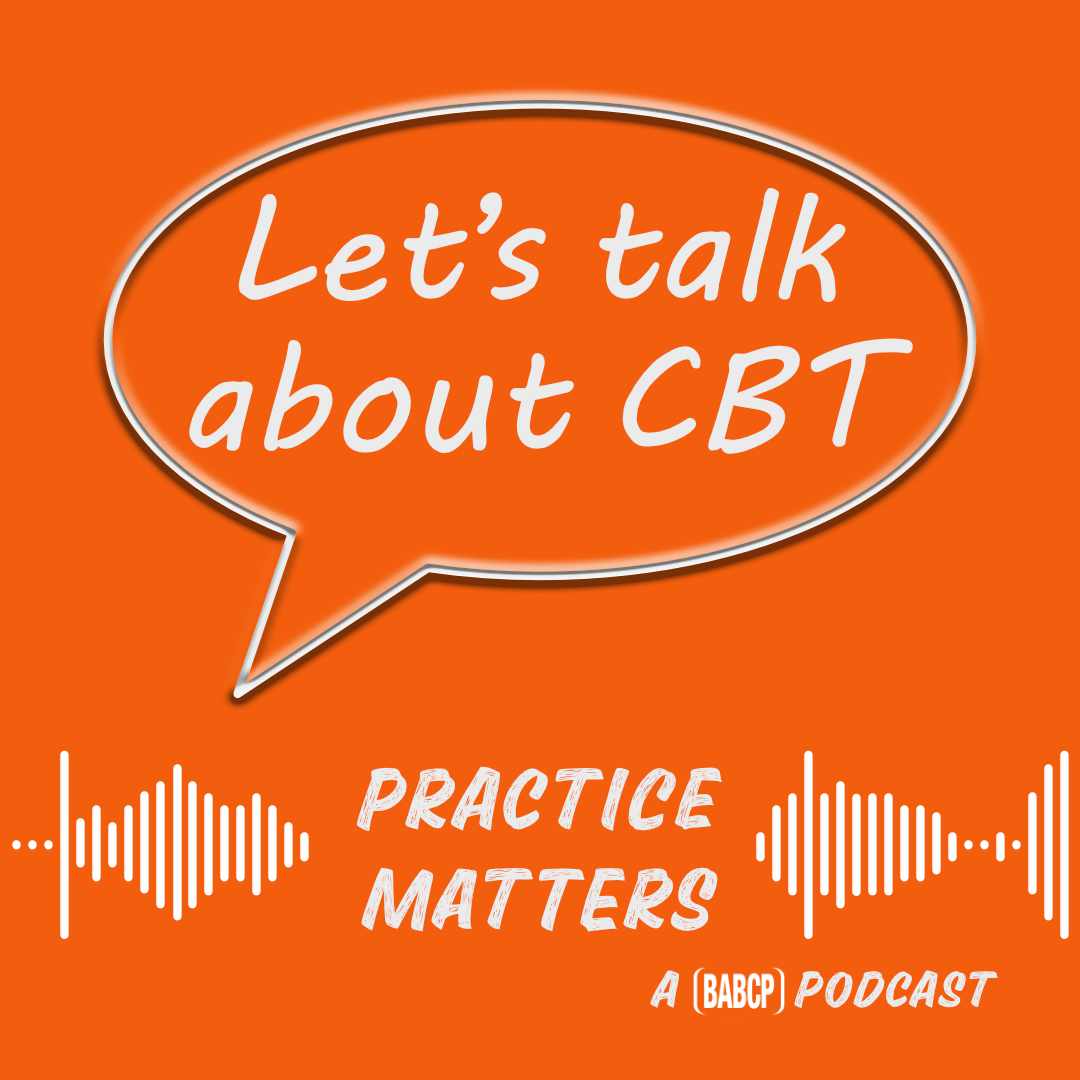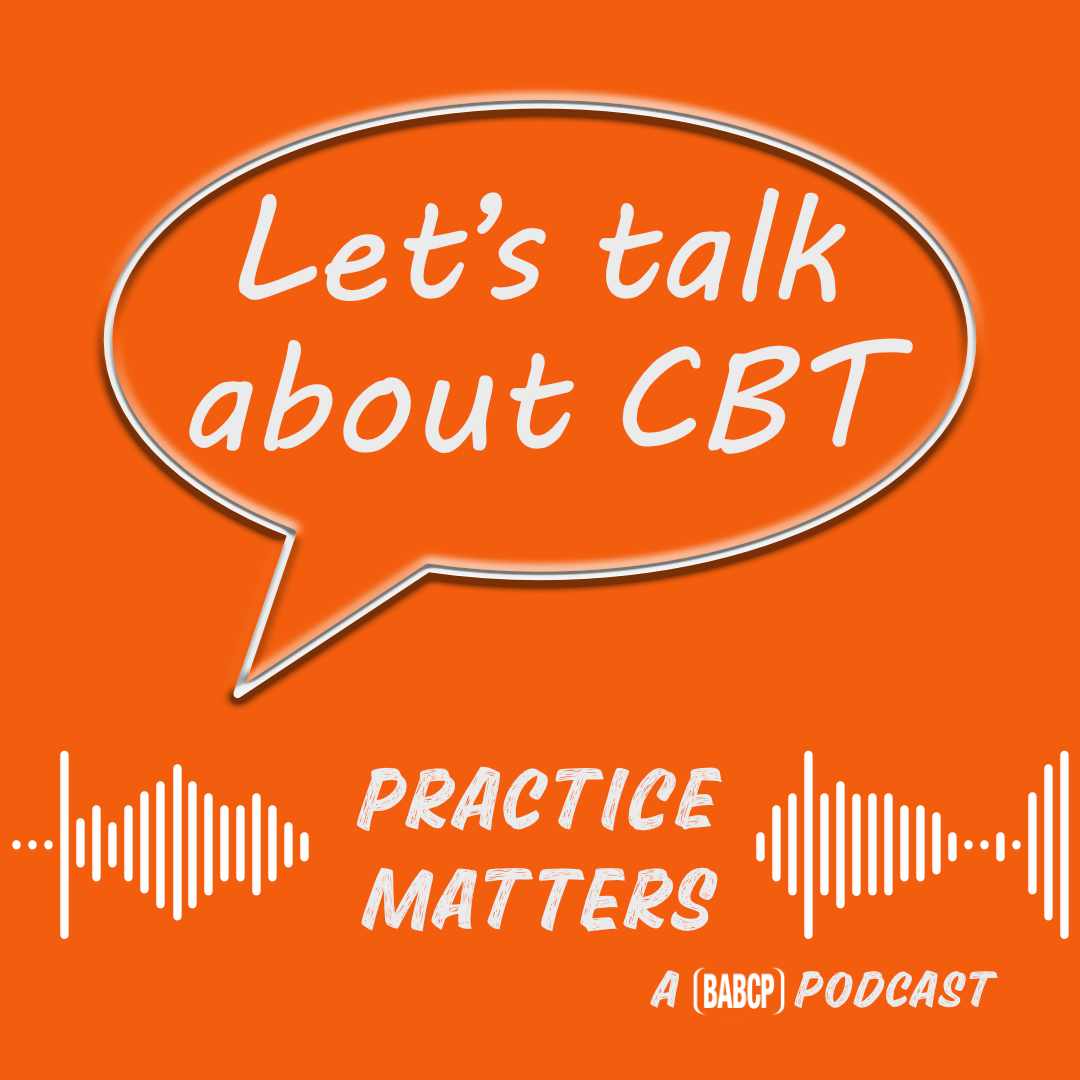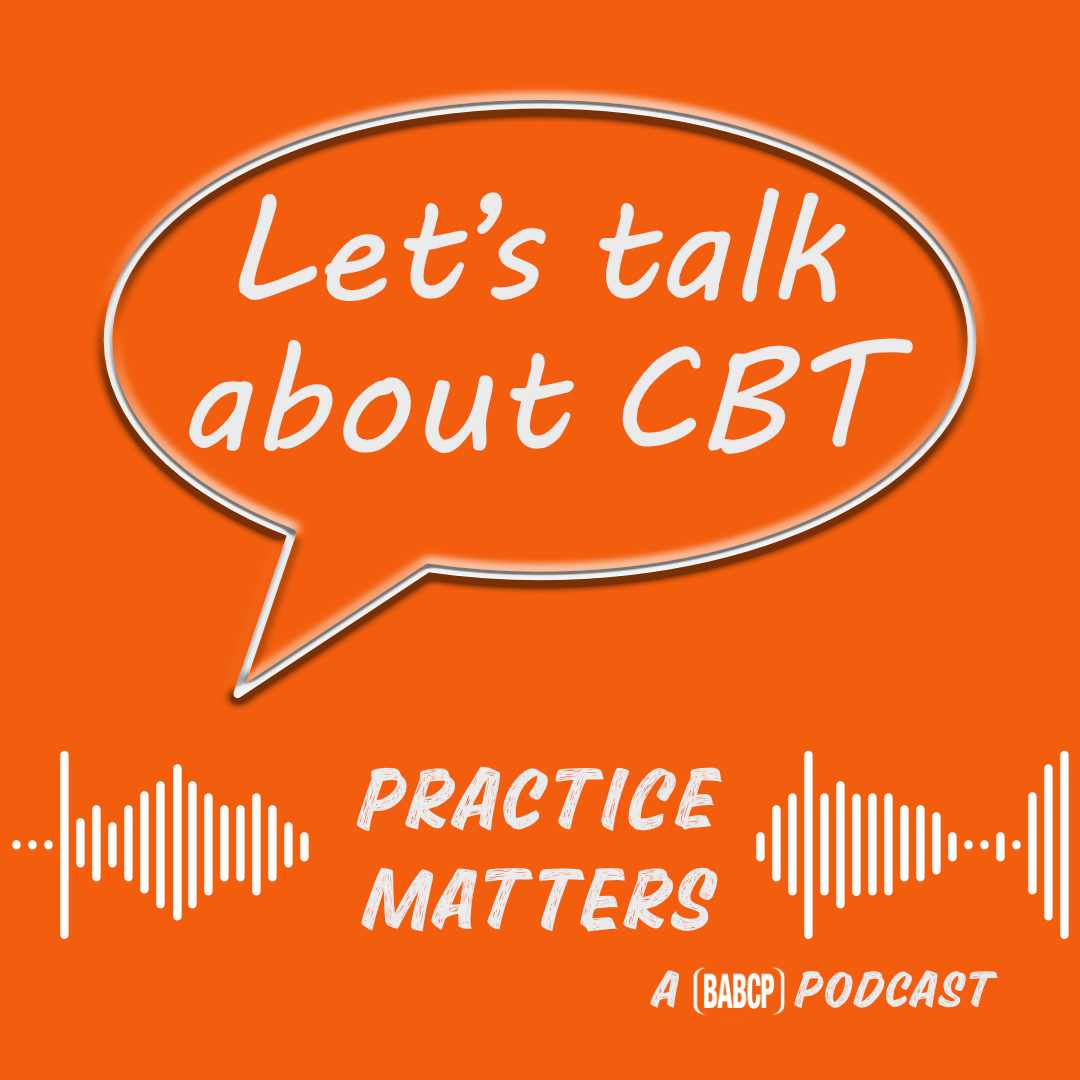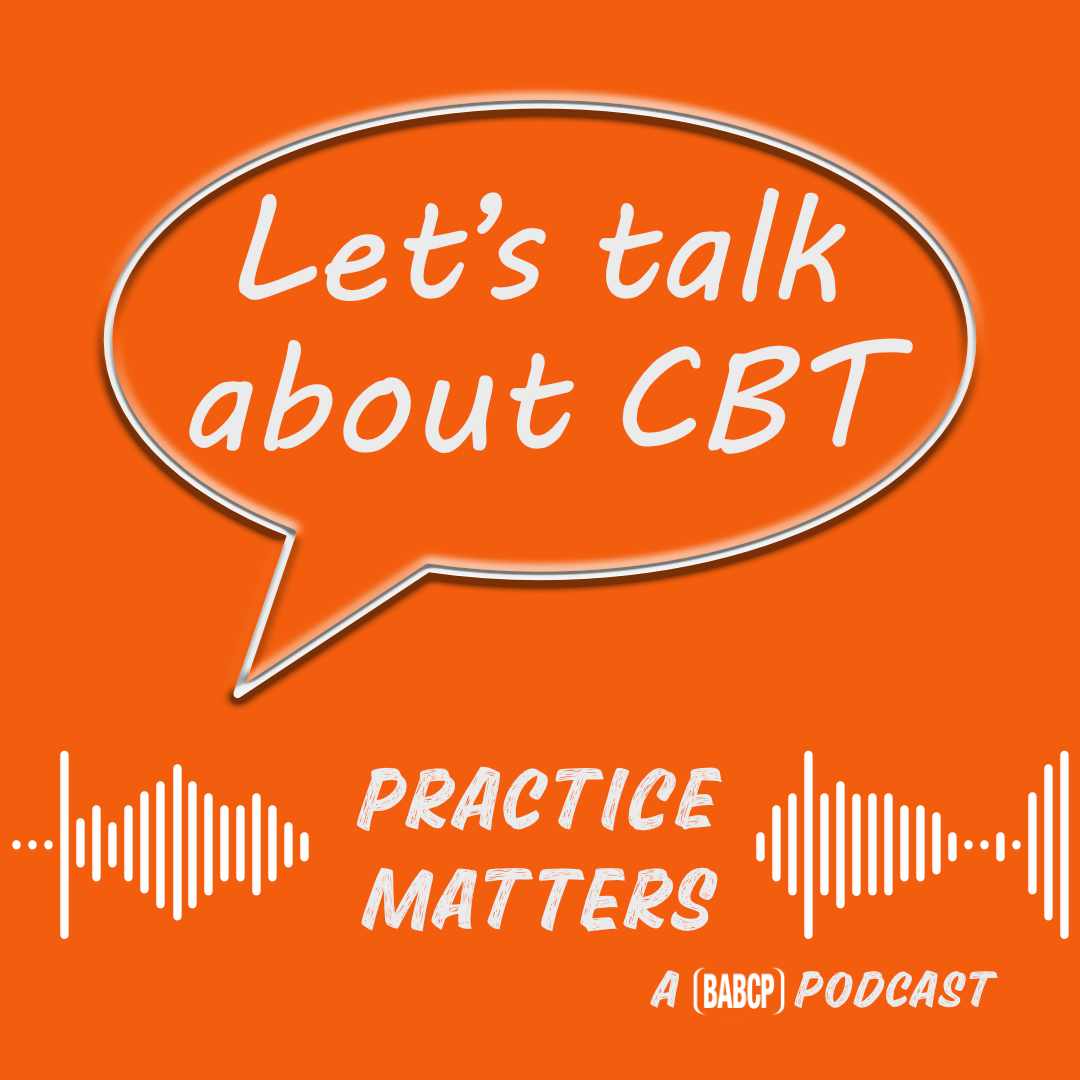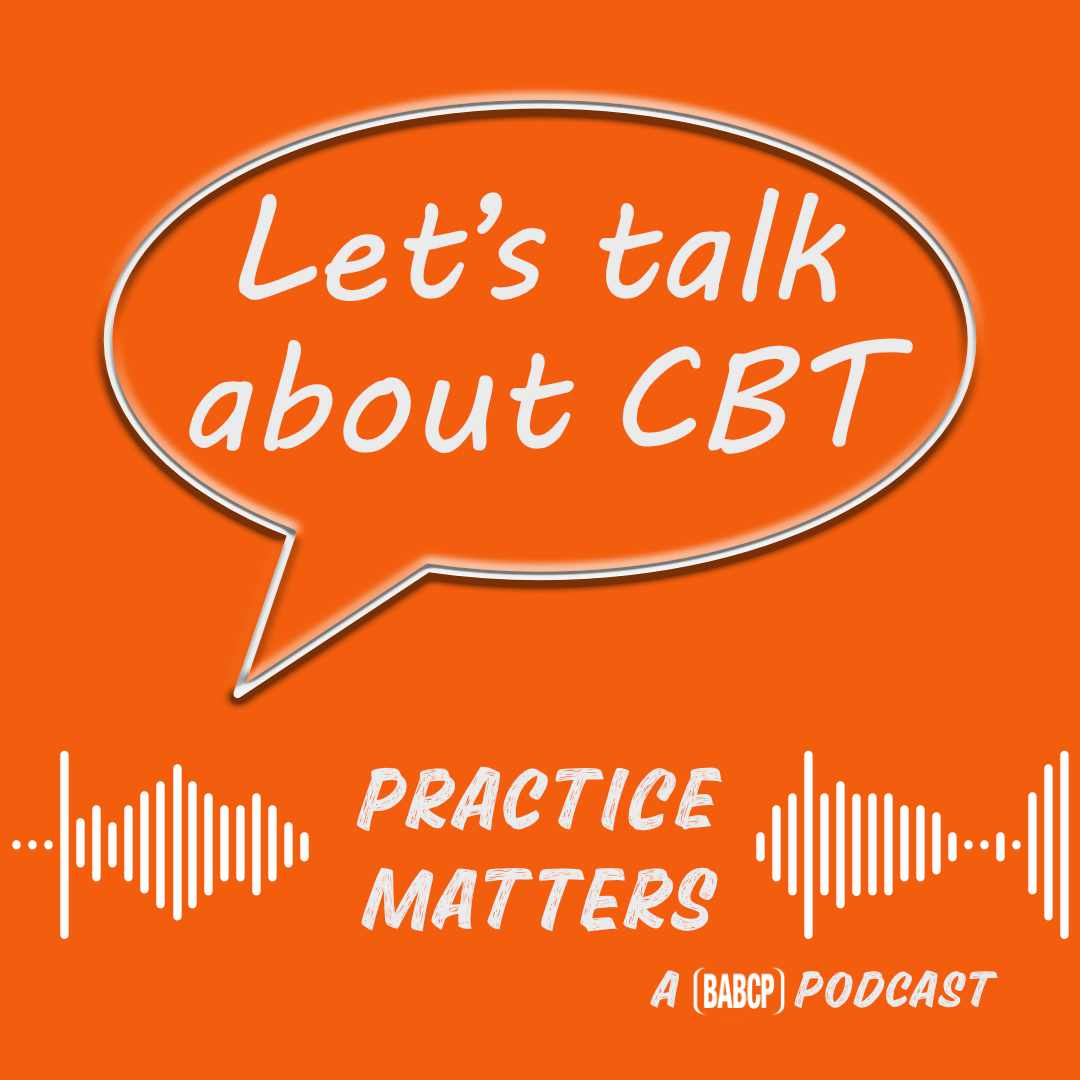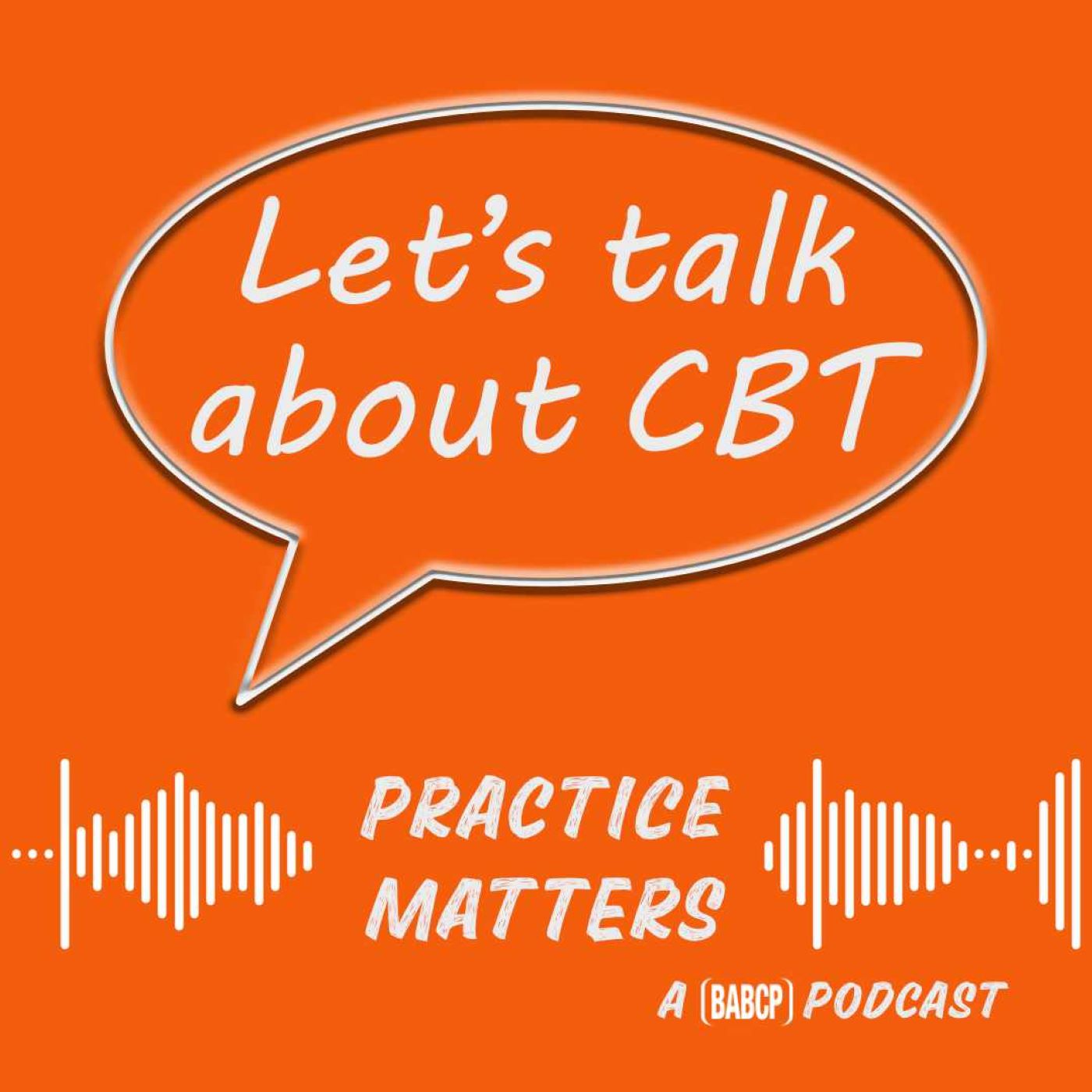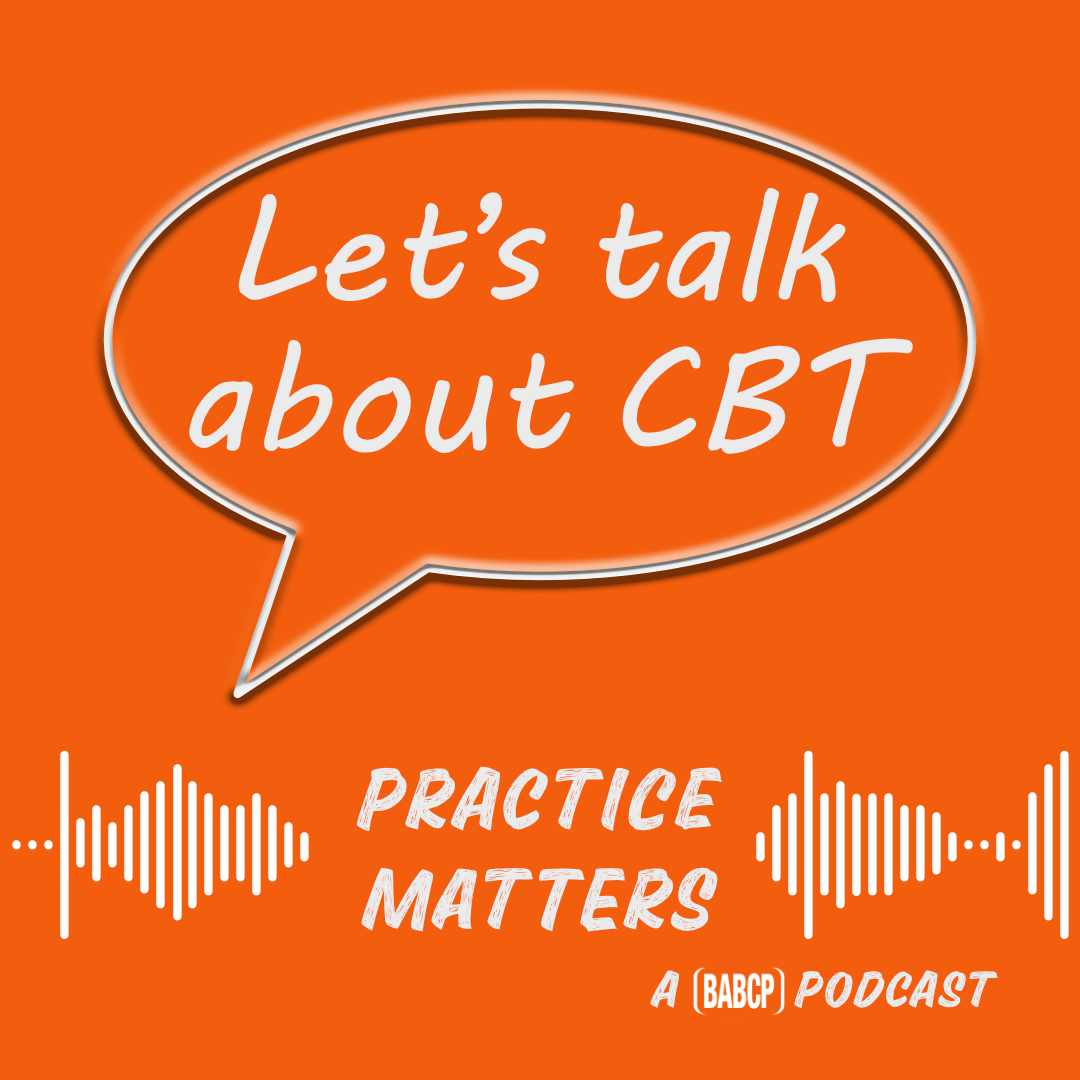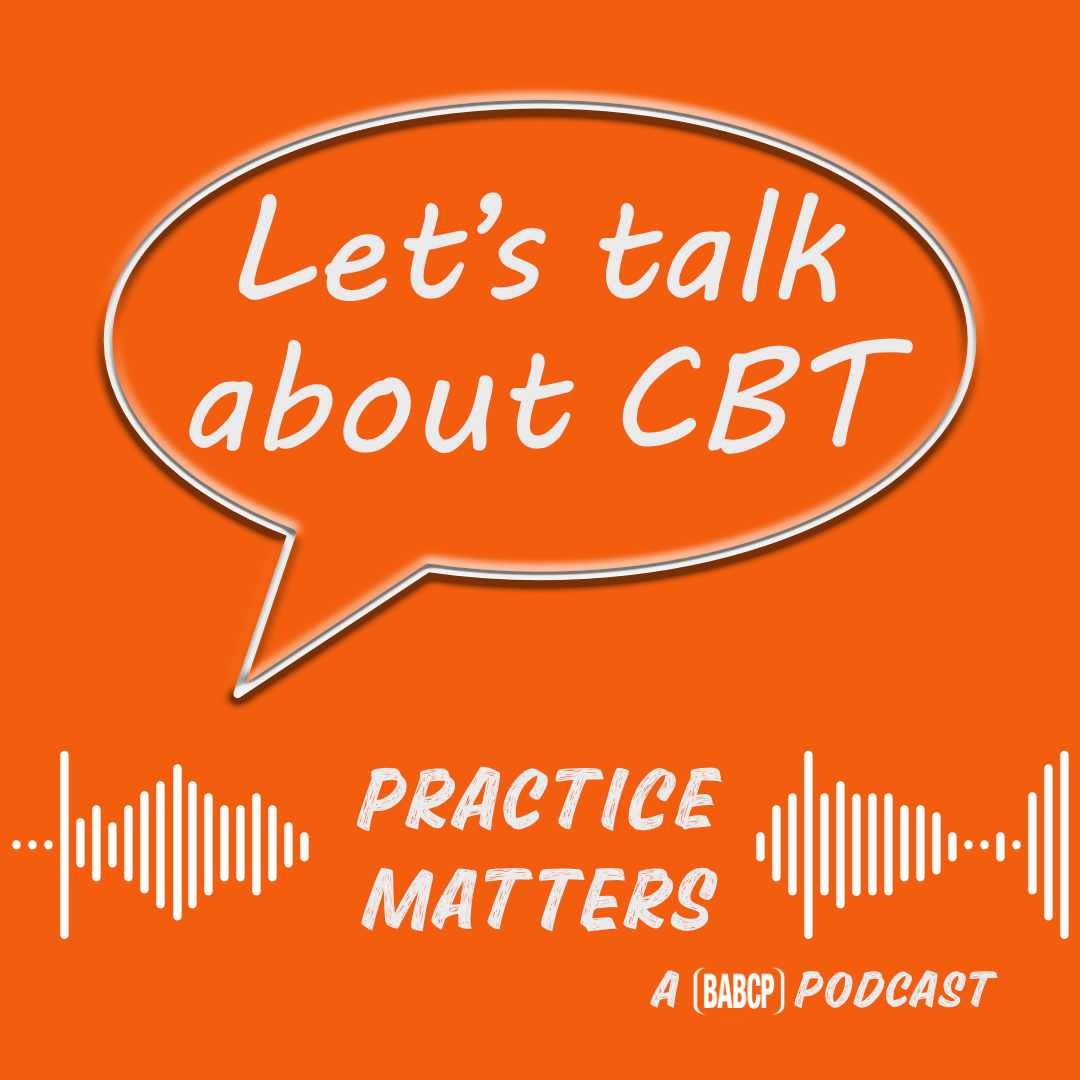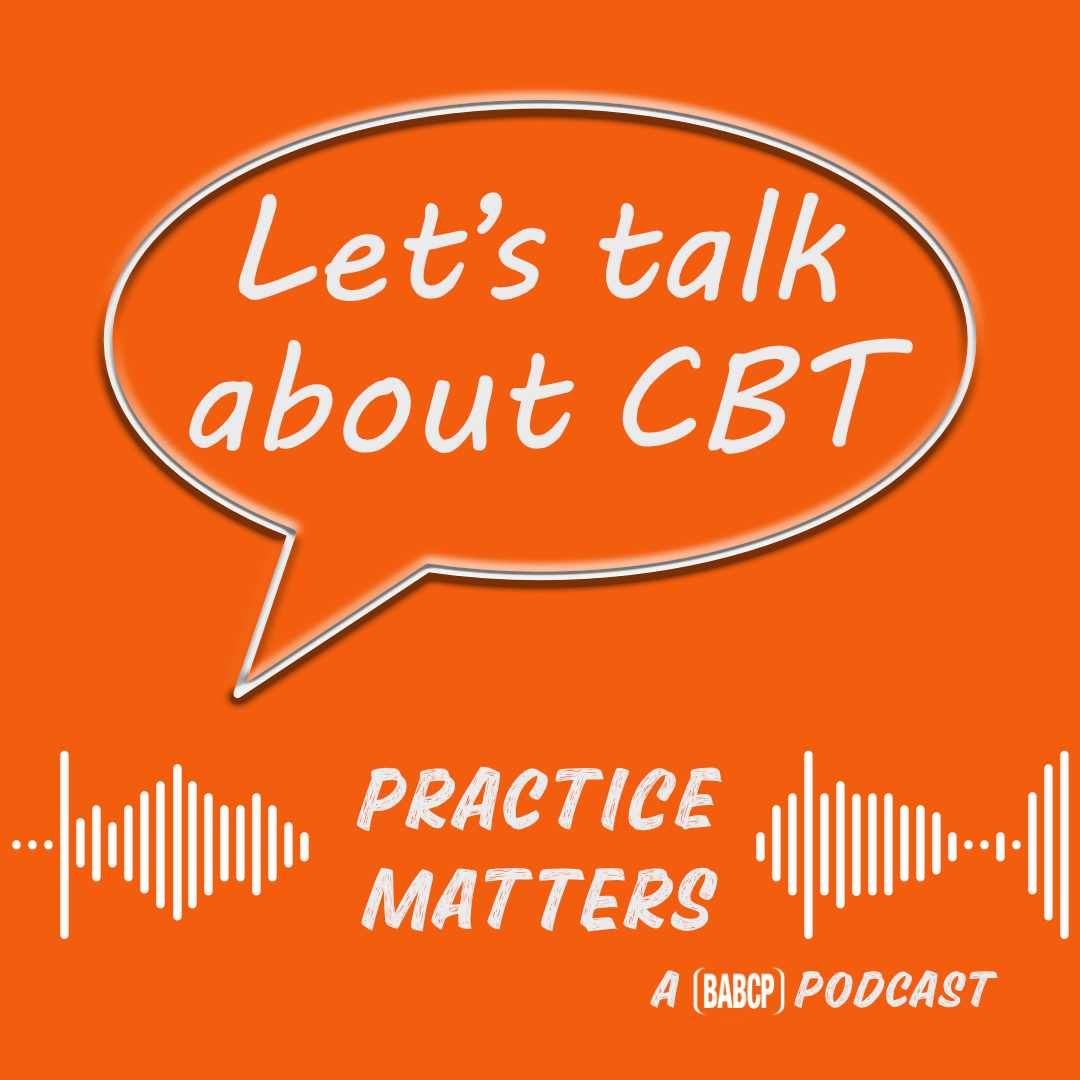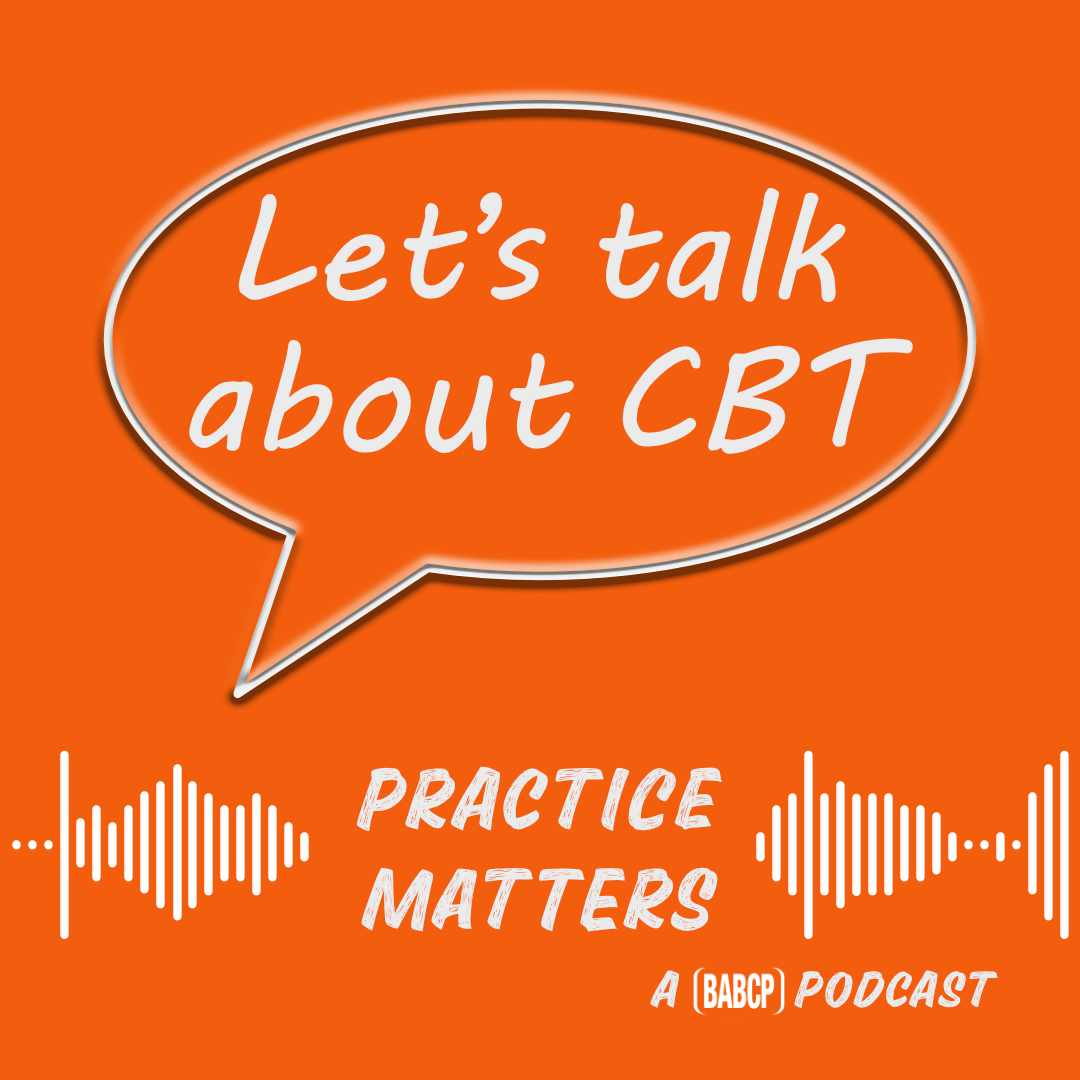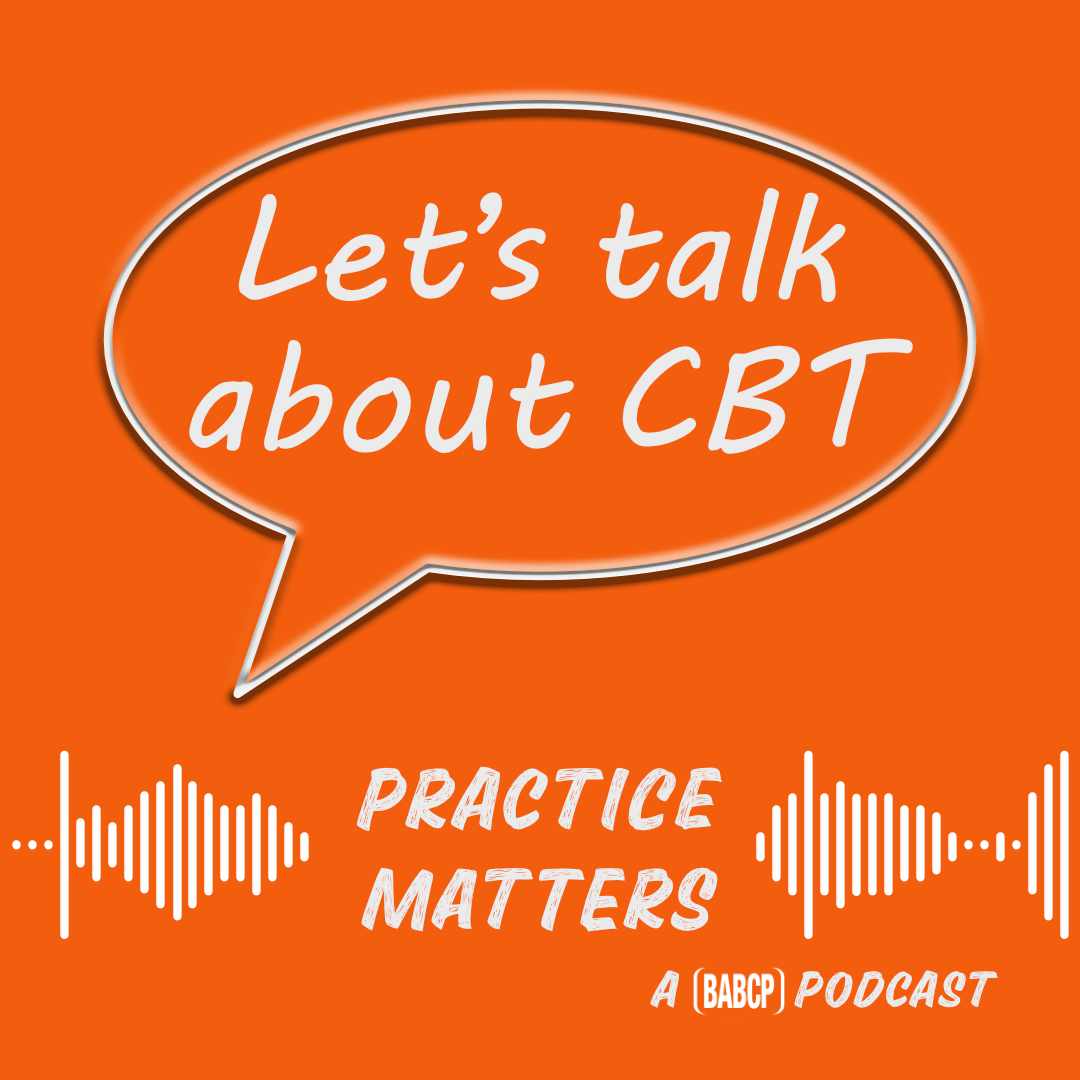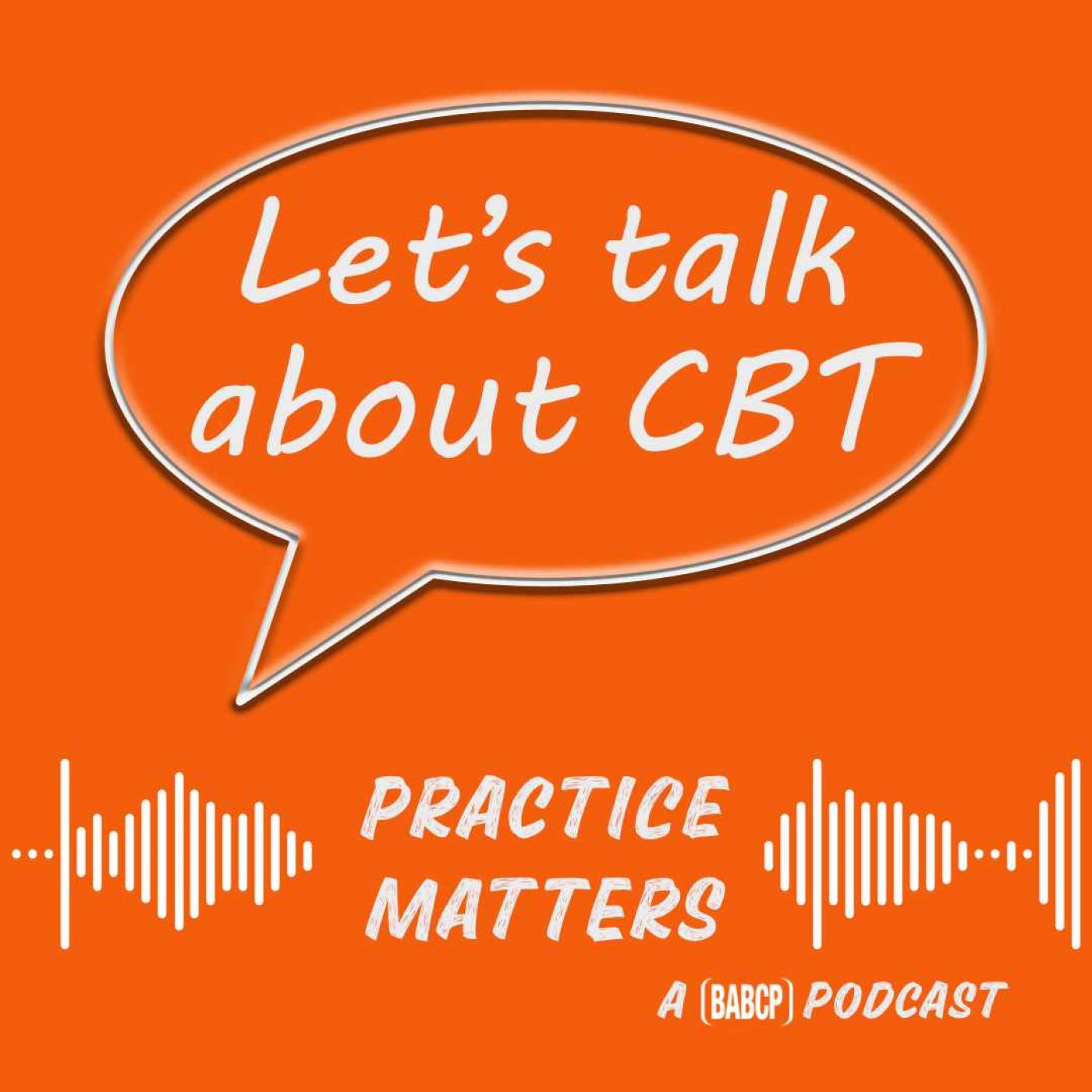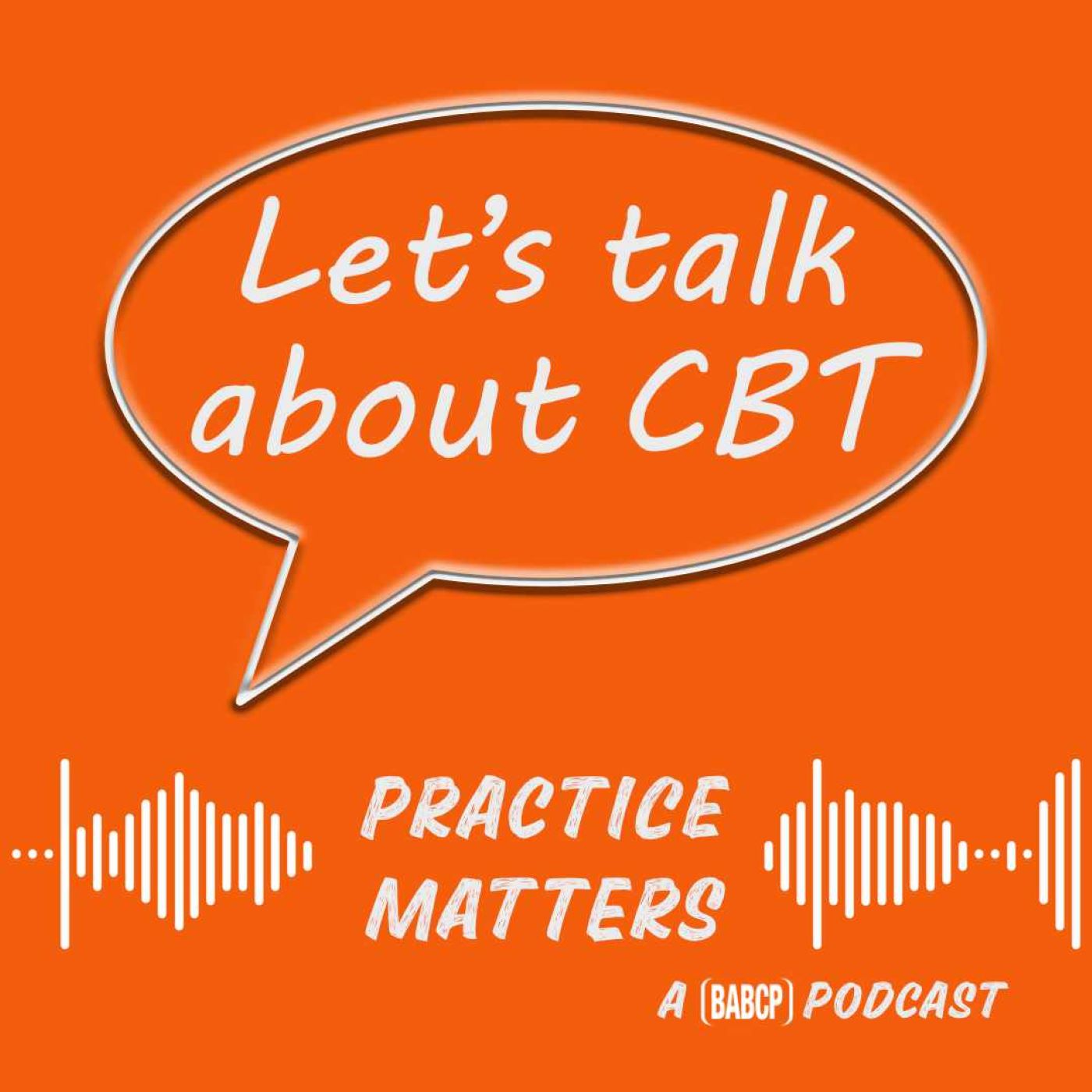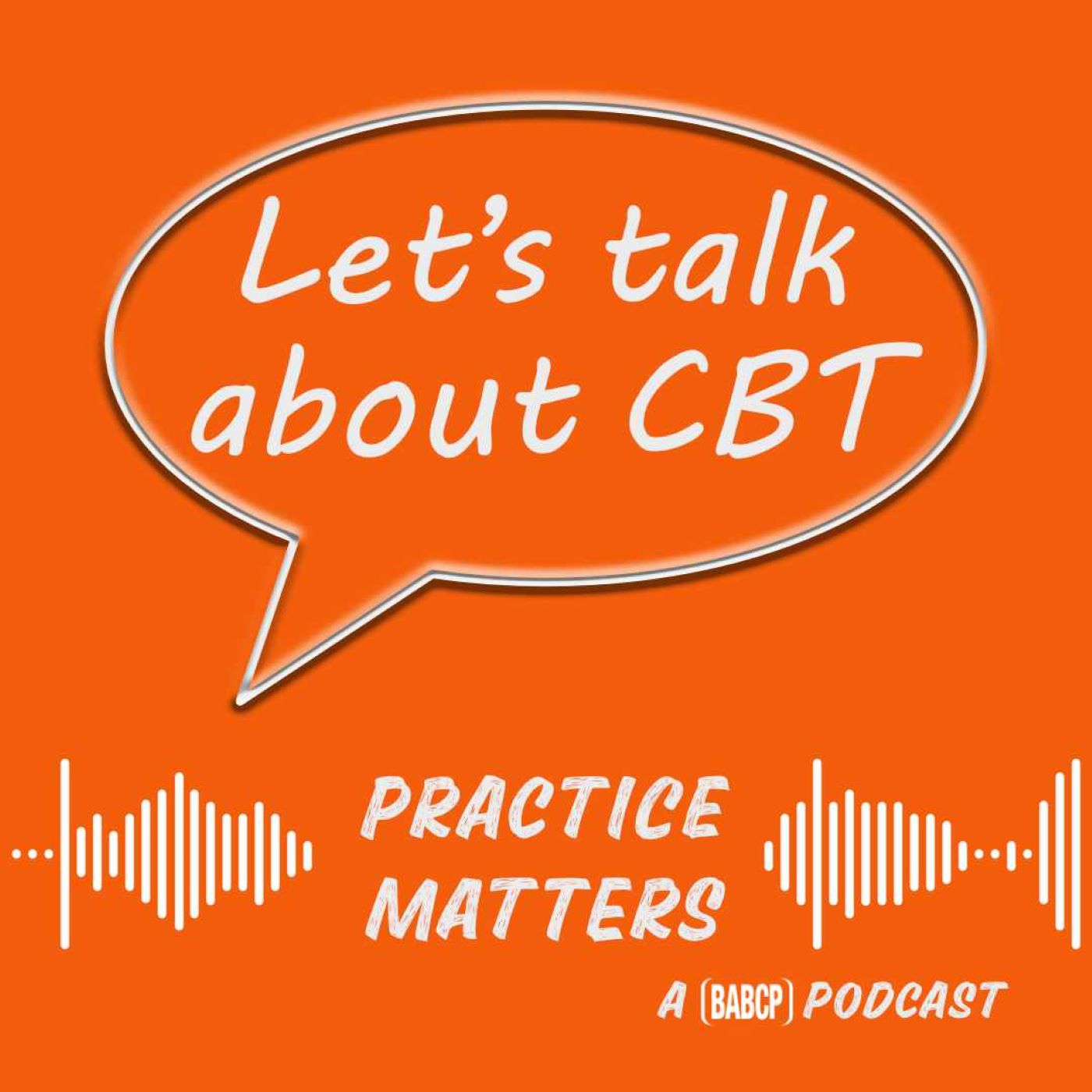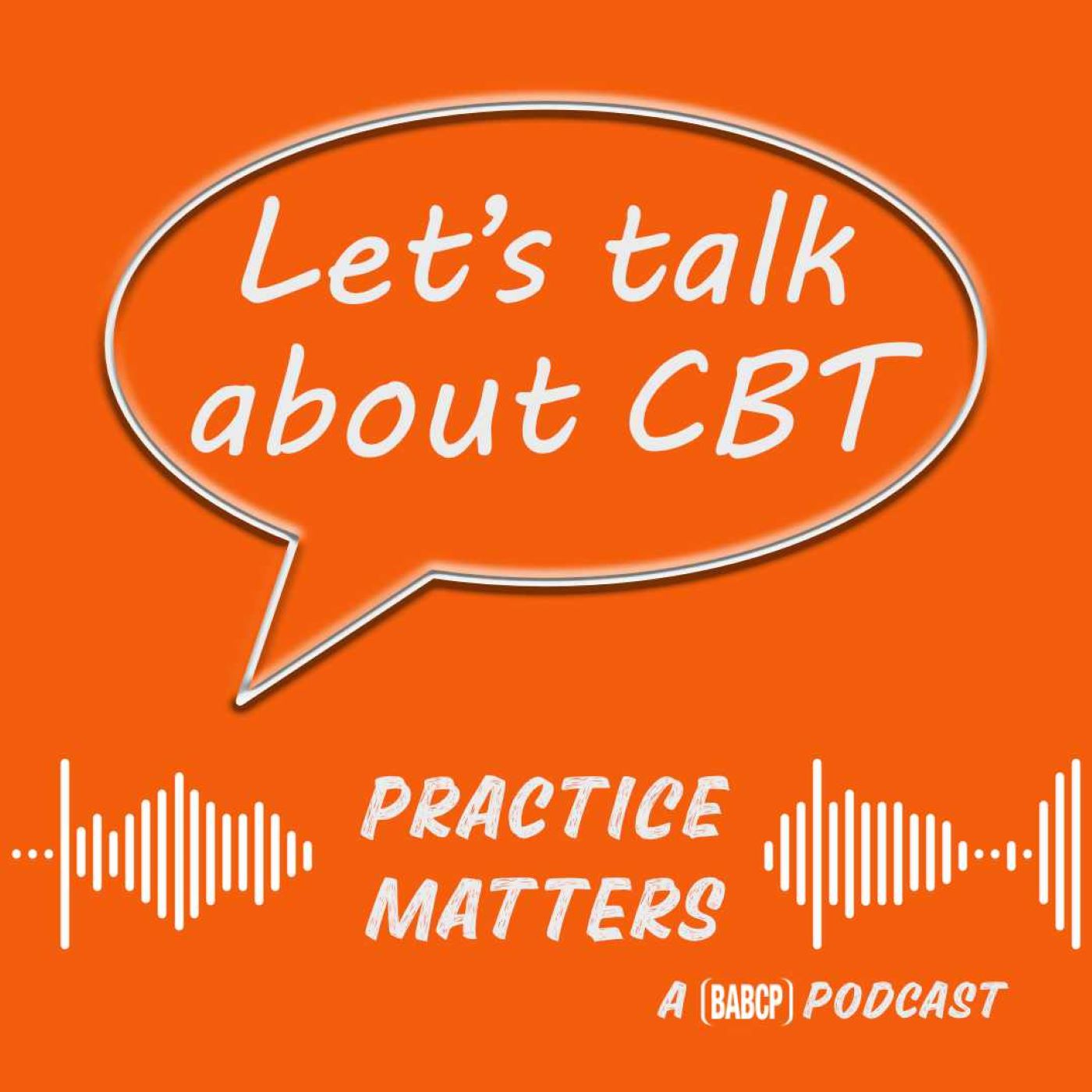"Don't believe everything you think..."- Prof Steve Hollon on cognitive therapy for depression- Part 2
Description
In the second part of this episode with Professor Steve Hollon, we go beyond theory into the heart of applying cognitive therapy for depression in real-world settings. Steve shares what therapy really looks like across the spectrum from relatively straightforward to deeply complex clients and how therapists can stay grounded and effective, even when things feel messy.
Resources and links
Cognitive Therapy of Depression (Second Edition)
Find out more about Steve and his research here
OXCADAT:
A wealth of useful videos and therapist resources for social anxiety, PTSD and panic disorder can be found here: https://oxcadatresources.com/
Stay Connected:
- Follow us on Instagram: @BABCPpodcasts
- Send us your questions and suggestions: podcasts@babcp.com
- Subscribe and leave a review – and don’t forget to share this episode with your colleagues!
If you enjoyed this episode, check out our sister podcasts, Let’s Talk About CBT and Let’s Talk About CBT – Research Matters for more discussions on evidence-based therapy.
Credits:
Music is Autmn Coffee by Bosnow from Uppbeat
Music from #Uppbeat (free for Creators!): https://uppbeat.io/t/bosnow/autumn-coffee
License code: 3F32NRBYH67P5MIF
This podcast was edited by Steph Curnow
Transcript:
Rachel Handley: Welcome to Let's talk about CBT- Practice Matters, the BABCP podcast for therapists using cognitive behavioural therapy with me, Rachel Handley. Each episode we talk to an expert in CBT who will share insights that will help you understand and apply CBT better to help your patients.
Welcome back to part two of our conversation with Professor Steve Holland, international expert in cognitive therapy of depression. In our last episode, Steve gave us some fascinating insights into the development of the cognitive model and how we can understand the development and maintenance of depression.
In this episode, Steve talks in detail and with lots of examples about how to apply the therapy to really help people with all sorts of complexity in their lives without fear of getting it wrong. So let's dive straight in.
Rachel Handley: And so, if you had to put in a sentence the main task of therapy, and I know asking any researcher to put anything into one sentence is a challenge, right? But what would you say is the purpose of therapy that we need to keep foremost in our minds to guide therapy?
Steven Hollon: I'll say two things if I can
Rachel Handley: I'll allow you two.
Steven Hollon: Then I'll say two things. The first component is, when in doubt, do. If you're depressed, don't wait to feel like doing something. You're not going to feel like doing anything. Do the stuff you would do if you weren't depressed.
And then the desire will come back, but don't wait to feel like it. And the second thing is don't believe everything you think. And the most powerful way to disconfirm an existing belief is to test it in a situation that your therapist can't control. Therapists get paid to tell people they're okay, or in some cases, dynamic, tell people they're not okay and if you've got kids to put through college, that's a nice, long term life lifestyle. But, what I'll do with the client when we start out and I learned to do this with Tim Beck and Maria Kovacs and others is in the very first session say, look, we can do this a couple of ways. There's some things I'd like to teach you how to do. And I can either do them for you or I can teach you how to do them. My goal is to make myself obsolete. Is that okay with you? And usually then people say, yeah, I’d prefer that. Usually, occasionally they won't, but usually they'll say that. And I’d say, now, if we were going to help you learn how to do these things, how can we do that? Say, well, can I work on this stuff between sessions? That's a great idea! So let people reinvent the therapy each time coming through. Then you'll end the session and have something for them to do between this and the next session.
And by the way, every major study that has shown an efficacy for cognitive therapy has always seen people who are clinically depressed at least twice a week in the beginning. If I have to wait seven days to meet somebody, to work with somebody who's deeply depressed, they're going to forget who I am. I mean, their hippocampus is turned over. It's a, you have to reintroduce yourself. I get a little momentum going over that first session. Give me two or three days later I can keep the momentum going like Sisyphus pushing the rock up the hill. I don't know what things are like in the UK, but I would always want the depressed client to have twice weekly sessions in the beginning. It doesn’t have to be an office, one could be over the internet and then I'll space it out later on. Maybe we get a couple of weeks in, then we'll drop back to every other week.
Rachel Handley: And certainly that kind of frequency of therapy is one where we have fallen into habits of, the routine is once a week for an hour on the same day and not one that a one that services often struggle with implementing logistically in terms of this, but certainly, looking at the evidence and the good clinical practice, it seems to be a point that bears reiterating.
Steven Hollon: Its for the benefit of the convenience of the therapist, not for improving clients.
Rachel Handley: So in terms of therapy, then it's don't think about it, do it. And don't believe everything you think.
Steven Hollon: Well, yeah, in terms of the behavioural components, don't wait to feel like it. Do it. But when you do, do a test that tests your beliefs when you do it. With the sculptor, if you don't think anybody's going to hire you, then put applications in. Let's see if you're right. You might be, in which case work on a career change, but don’t your problem is right now not that you're incompetent. You might be. Well, we don't know that yet. What we do know is you're not sending out your portfolio and until you send your portfolio out, we don't know how competent you are. So let's find out.
Rachel Handley: So let's test the strategy. So keeping in mind that you've said in the manual, which is a brilliant revision, the second edition of Cognitive Therapy for Depression, that therapy is not just a set of strategies or techniques, however, it's helpful to know what a typical course of therapy might look like. Can you tell us what an episode of therapy might look like for someone coming in for cognitive therapy for depression
Steven Hollon: I mean, yeah, that’s a great question. I think it depends very much on what the client walks in the door with, like the sculptor, nothing much going else going on for him, except he had lost his job, probably no misfortune of his own, but he was going about getting the next job the wrong way. I mean, he was working, but something he didn't consider work and it was just a relatively simple matter of pitting his Theory A, which is I'm incompetent versus Theory B, which is he's going about it the wrong way, which is take a big task, break it into small steps, take it one step at a time, rather than getting overwhelmed with the magnitude of the task. Easy for him.
Another client that I talk about is a woman that came into one of our trials that Rob DeRubeis and I were doing, and she ended up drawing me as a therapist. She knew some of the graduate students already. She'd done her training at Vanderbilt several years earlier. And when she got back to town at this point, on the way to getting divorced, real things have blown up for her in her personal life. She's absolutely devastated. Gets back into town, talks to some of her graduate student colleagues, hears about this study, decides I'm going to be in that, goes on clinicaltrials.gov, looks up what the inclusion-exclusion criteria were, sees that we were referring out people with borderline because they could get DBT in Nashville, they're going to do better with that than with what we had to offer. She borrows a copy of DSM, looks up what criteria are for borderline, knows what to deny when she comes in

